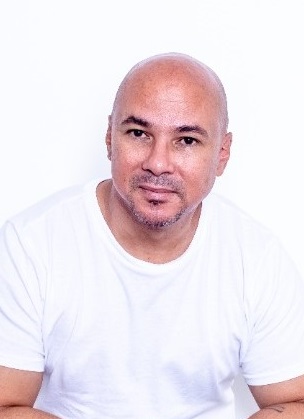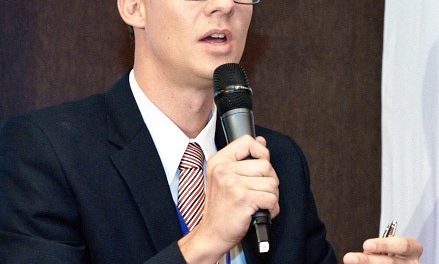
More than oil and gas will be needed

Dr John Steytler
in his personal capacity as an economist.
Namibia has a bit of a spring in its step, some swagger if you will. This could be because winter is almost behind us; however, there’s another reason, and as an economist, first and foremost, this reason pleases me.
It is the ‘buzz’ surrounding the oil exploration and discoveries that have recently been made in and off the coast of Namibia.
The Green Hydrogen projects that have been initiated should become a significant job creator and revenue generator for our sparsely populated nation. with Hyphen Energy leading the way in establishing a Green Hydrogen project in Lüderitz.
No wonder we are feeling confident. Especially after the economic storm that the pandemic brought globally and locally.
The effects of which are still being felt every single day. The oil discoveries, potentially amounting to billions of barrels of oil, have the power to transform our nation. The keen interest in our capacity to generate Green Hydrogen has seen pledges and investment potential of billions of Euros from Europe, Japan, and other parts of the world.
It doesn’t mean we will suddenly transform into a fully-fledged oil & gas economy, with skyscrapers popping up and poverty wholly eradicated in the next one or two years. We need a concerted and focused development plan.
In fact, our National Development Plans and our Harambee Prosperity Plan act as the blueprint for Namibia to rise and become the regional powerhouse it can be.
We often look at the transformation of Singapore, Qatar, or Dubai. Within a few short decades, the oil-rich nations of Dubai and Qatar transformed from desert nations into thriving and world-leading economic centres.
In Singapore’s case, the Ministry and its agencies transformed Singapore in just six decades from squatters in slums to proud homeowners in modern housing estates; from modest shophouses to towering skyscrapers; from dirty, dusty streets to lush gardens and world-renowned skylines. Achieving these economic transformations has taken every citizen and a ‘can-do’ attitude. An example of transformational leadership at its finest.
When nation-building, you need to dare to dream, and Namibia certainly does that, but always with a healthy dose of realism. Our NDPs and HPP show that we have a development roadmap bearing fruit and uplifting the nation. With the recent launch of NDP 6, we truly are transforming the nation. Namibia has been on the path of development for 33 years since its Independence, but we know we have a long way to go.
This is where the oil and gas revenue will play a major role, but only if the revenues are distributed and leveraged so that all parts of society benefit. This requires a focused effort on uplifting the poorest and least educated.
When analyzing Namibia’s GDP, we see that about a quarter, or 24.7% of Namibia’s economy, is informal and represents approximately US$8 billion of our GDP, according to data from World Economics.
We must be realistic and understand that the people operating and employed in the informal economy will not suddenly become part of the formal and tax-paying economy. Only through recruitment and employment and having them participate in the oil and renewable energy sectors and contributary, peripheral, and supporting industries can we begin to uplift every Namibian.
As an economist and proudly Namibian, I believe that we have what it takes to develop and become the next booming economy. We need to ensure that we make sure that Namibia’s ‘A rising tide raises all ships.’ Starting with the most marginalized is the only way to create a society that will boom and boom and not go boom and bust. It will take hard work, we will all need to pull together, and we mustn’t become complacent and believe that just because there’s potential oil and Green Hydrogen revenue, we can sit back and watch Namibia develop by itself. Money is never a magic wand.












































